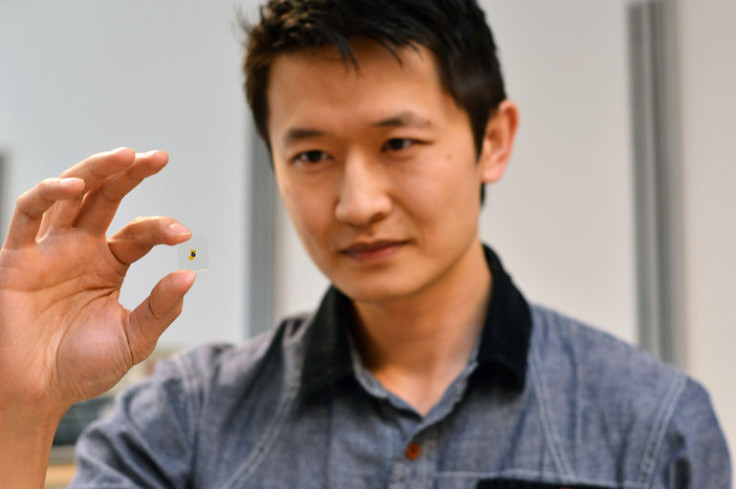New glass technology could make ordinary house windows 'smart'

Researchers in Canada have discovered a new glass technology that could soon see the windows in our houses doubling as TV screens.
University of British Columbia professors Kenneth Chau and Loïc Markley have found that coating glass surfaces with extremely thin pieces of silver makes it possible to add new technological properties to its surface, thanks to the metal's naturally conductive properties. In an odd twist, the researchers found that adding metals to glass actually improved light transmission.
The discovery came about after UBC associate professor Chau and assistant professor Markley set out to find out what would happen if they reversed the practice of applying glass over metal, a method known to make metal more transparent. Markley said: "It's been known for quite a while that you could put glass on metal to make metal more transparent, but people have never put metal on top of glass to make glass more transparent. It's counter-intuitive to think that metal could be used to enhance light transmission, but we saw that this was actually possible, and our experiments are the first to prove it."
The pair's discovery has huge potential for display technology and brings the concept of having windows and other glass surfaces that can double as televisions or display panels closer within reach. Technology of a similar ilk has edged toward the fringes of commercialisation in the form of smart mirrors in recent years, however these rely on a transparent LCD film being applied to the glass in order to provide weather updates, notifications and other such information.
Chau and Markley will now work towards developing a means of integrating the technology into windows in a way that makes it possible to filter light and heat waves according to the time of day, weather or season.
Chau said: "Engineers are constantly trying to expand the scope of materials that they can use for display technologies, and having thin, inexpensive, see-through components that conduct electricity will be huge. I think one of the most important implications of this research is the potential to integrate electronic capabilities into windows and make them smart."
© Copyright IBTimes 2025. All rights reserved.






















